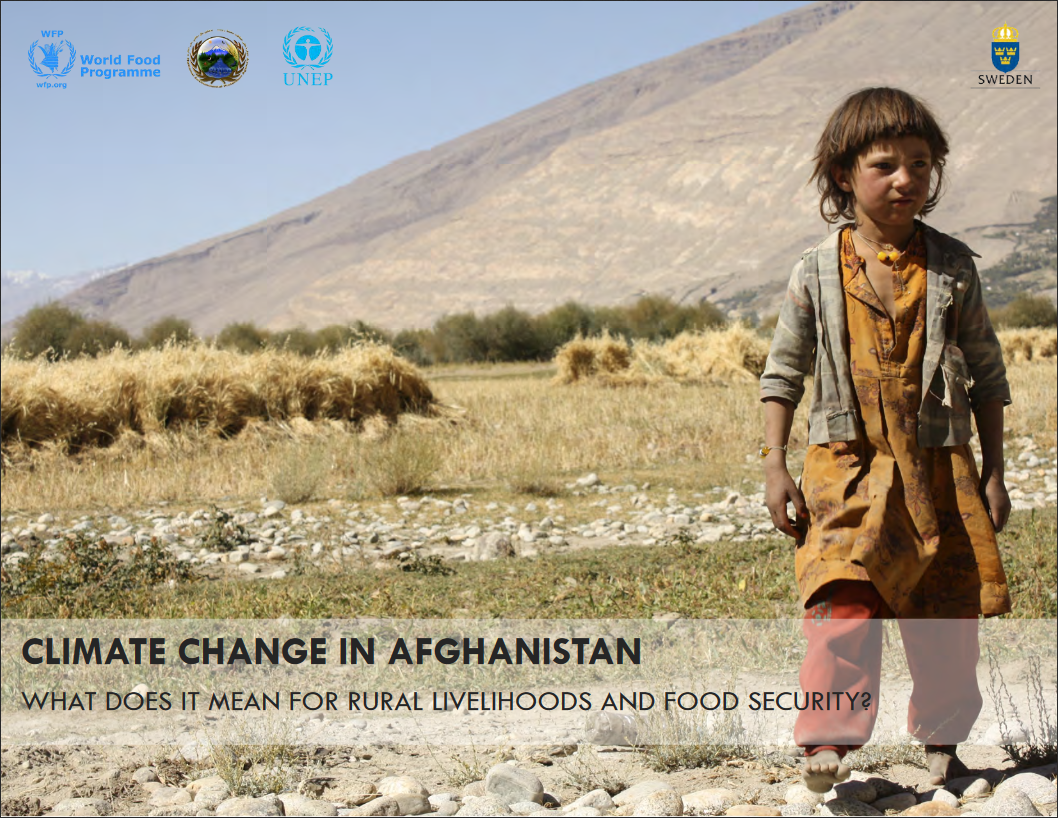Land Governance and Agricultural Sustainability in Nigeria
This paper analysed land governance and crop commercialization in Nigeria. General Household Survey (Living Standard Measurement Survey) panel data for the post-planting and post-harvest periods of 2015 and 2016 cropping seasons were used. Descriptive statistics, Crop Commercialization Index (CCI) and Tobit regression model were used to analyse data.



